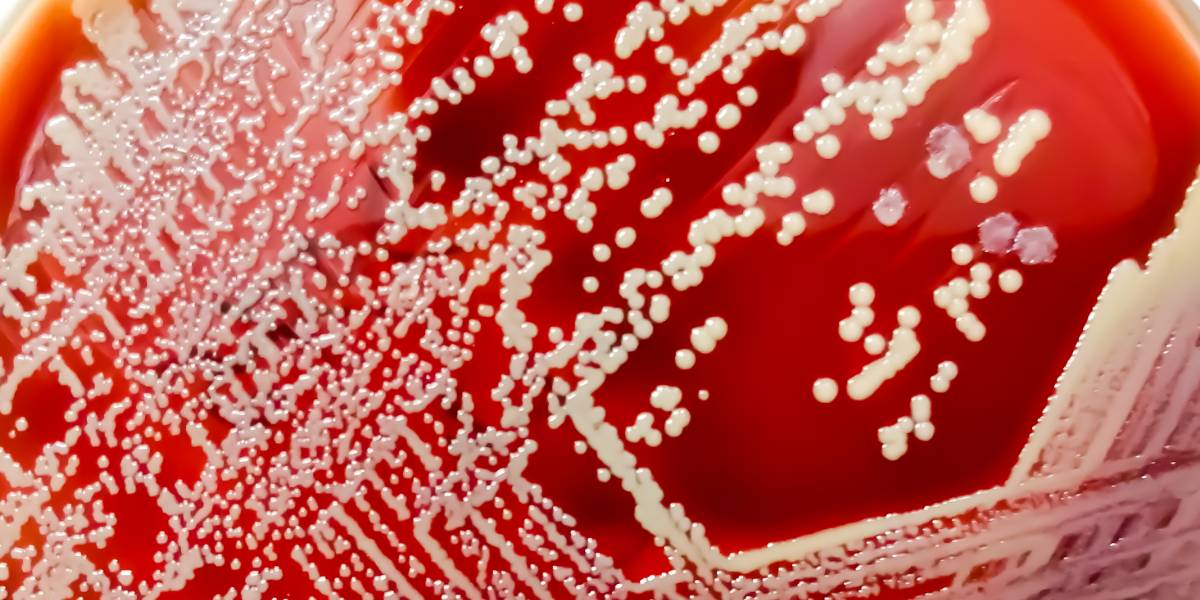A probiotic combo can stop the development of harmful bacterium proteins that can trigger a life-threatening shock condition, latest research suggests.
Scientists from the American Society for Microbiology have found that the pathogenic microbe Staphylococcus aureus (S. aureus) can produce a strain of bacterium that can cause toxic shock syndrome (TSS).
People with TSS in the vagina are at risk of experiencing a life-threatening reaction from the immune system, experts have said.
The research team has now discovered that probiotics can combat the harmful bacterium proteins.
- Bacteria in the gut related to feelings of depression
- Cardiovascular disease can be triggered by mouth bacteria
Strains of the bacteria Lactobacillus acidophilus and Lacticaseibacillus rhamnosus can prevent the production of the superantigens that cause TSS, according to the academics.
Additionally, the bacteria also stopped the development of S. aureus strains that create the problematic proteins.
Senior author Dr Patrick Schlievert said: “A combination of the two could both prevent growth and inhibit the immune response.
“It’s kind of a double whammy against S. aureus. If any toxin is made, the probiotics still prevent inflammation.”
He added: “Adding these probiotics to tampons or other menstrual products could reduce the risk – and global incidence – of TSS associated with menstruation.
“Such a preventive measure has the potential to benefit millions of vulnerable people. We know that 20% of people over age 12 cannot make antibodies and never will make antibodies against toxic shock syndrome.”
Prior research conducted by Dr Schlievert examined whether a new molecular mixture, when added to tampons, would prevent pathogenic bacteria. They found that it was effective against E. coli and other pathogens.
Dr Schlievert noted: “Some of the women in the treatment group had this tremendous growth of Lactobacilli.”
Additional research identified that nine of those participants were colonised with only L. crispatus and no other bacteria.
“Colonisation by a single bacterium is often regarded as unhealthy. In this case, however, it offered an effective action against pathogenic S. aureus,” said Dr Schlievert.
He added: “Lactobacillus bacteria have already been shown to be safe and the new work suggests that treatment with L. crispatus alone, or L. acidophilus and L. rhamnosus in combination, could dramatically reduce the risk of TSS in vulnerable populations.
“Strains of S. aureus can also cause enterocolitis, a life-threatening immune response in the gut. Probiotics may also help reduce the production of dangerous proteins for that disease. If we can improve their lives by using this approach, that would be wonderful.”
The study was published in the journal Microbiology Spectrum.








